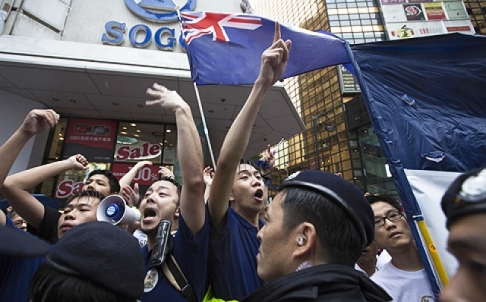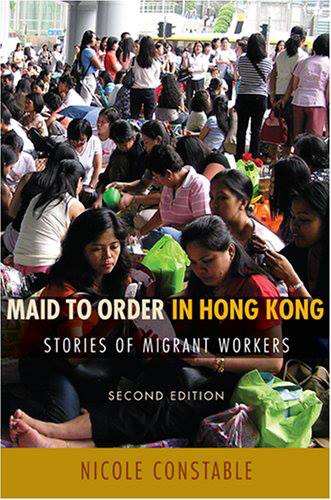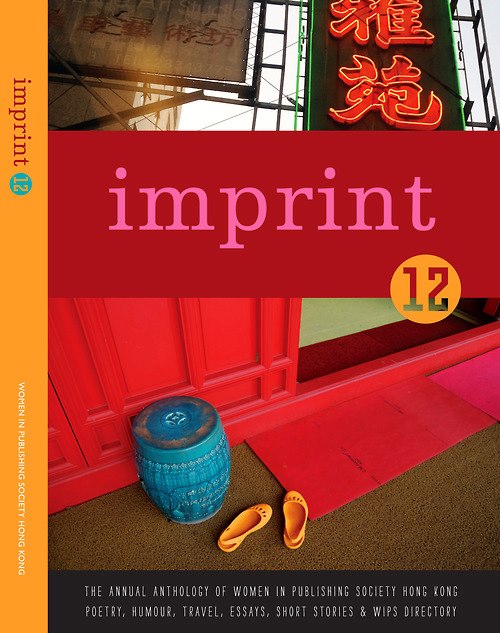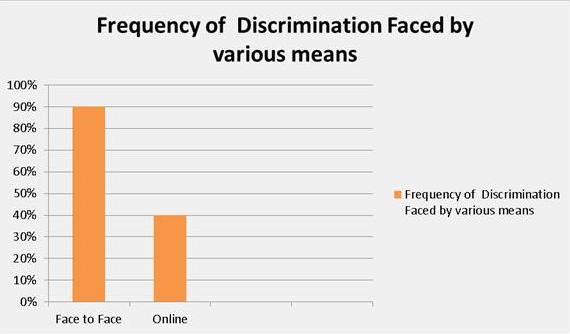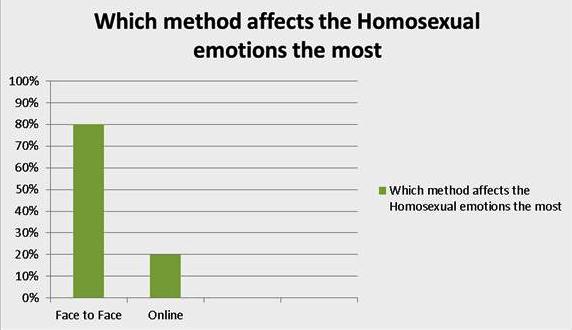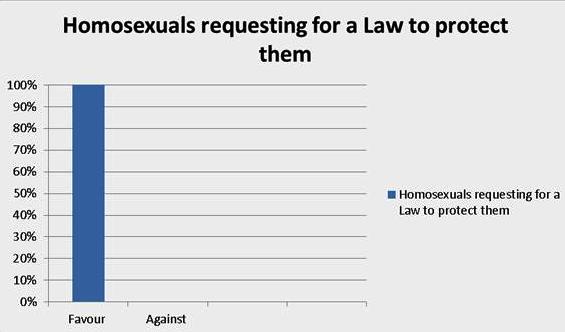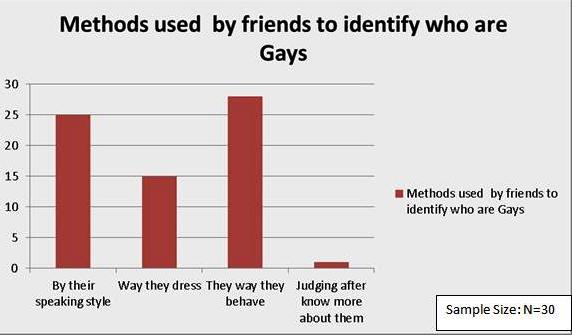Beijing and Hong Kong’s pan-democratic movement.
by RJ Barrete
The on-going campaign in Hong Kong to achieve genuine democracy seems to be on a snail pace, if not at a dead end. Despite massive clamor for electoral reform, the campaign’s success remains uncertain.
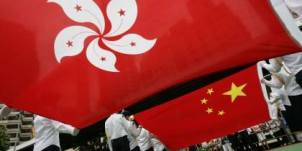
Hong Kong is a special administrative region part of the People’s Republic of China | Photo: University of Nottingham, UK
Aside from universal suffrage, much of the campaign for genuine Hong Kong democracy focus on the nomination process for the city’s chief executive. Beijing consistently insists on its own interpretation of the Basic Law, which argues that the chief executive must be an “individual who loves the country and loves Hong Kong.” This biased interpretation, however, has led to a string of pro-Beijing chief executives that always favors the central government, ostensibly to avoid tensions.
In 2013, Li Fei, chairman of Beijing’s Basic Law Committee, announced a select group of Hong Kongers will filter nominations for the position of chief executive. This is despite vigorous campaign from democratic activists– called the “pan-democrats” in Hong Kong– who advocate a fair process wherein all voters would be able to have a say in the nomination process.
Article 45 of the Basic Law provides that the ultimate objective is the selection of the chief executive by universal suffrage upon nomination by a broadly representative nominating committee in accordance with democratic procedures. Pan-democrats question the composition of the nominating committee, however, since they are almost always composed of pro-Beijing members.
The problem is that Hong Kong is not an independent political entity. As a constituent dependency of the People’s Republic of China, it cannot simply adopt national election models without Beijing’s approval. This why the central government has always insisted that it has the authority,and even the right, to guide Hong Kong’s political maturity. In practice, therefore, any democratic reforms must emanate from Beijing; and in the event that Beijing decrees these reforms, there would be implications on the pan-democratic movement.
Any democratic reforms that are gained through Beijing’s blessings could be seen as a result of the central government’s largess, not of the Hong Kong people’s sovereign will. This will further legitimize Beijing’s reign as the highest authority in Hong Kong’s political affairs– a potential challenge to the notion that, as per the Basic Law, the city should always remain a democracy.
Now, will the pan-democrats be willing to accept such a political relationship between the city and the central government? As things stand, it will absolutely take time to rebuild trust between Beijing and the pan-democratic movement.
At the end of the day, genuine democracy will remain a dream for the people of Hong Kong unless Beijing becomes willing to trade its ace and acquiesce to the pan-democratic movement. But is the movement ready for the political consequences of Beijing’s approval?
Originally published: The Observers






